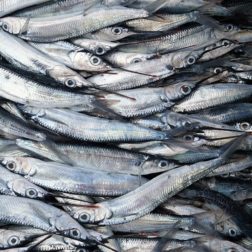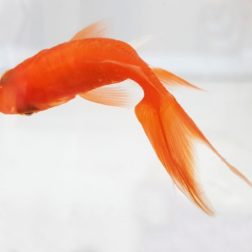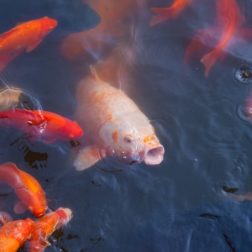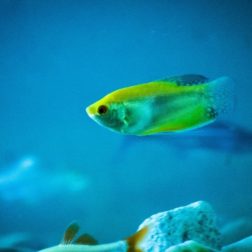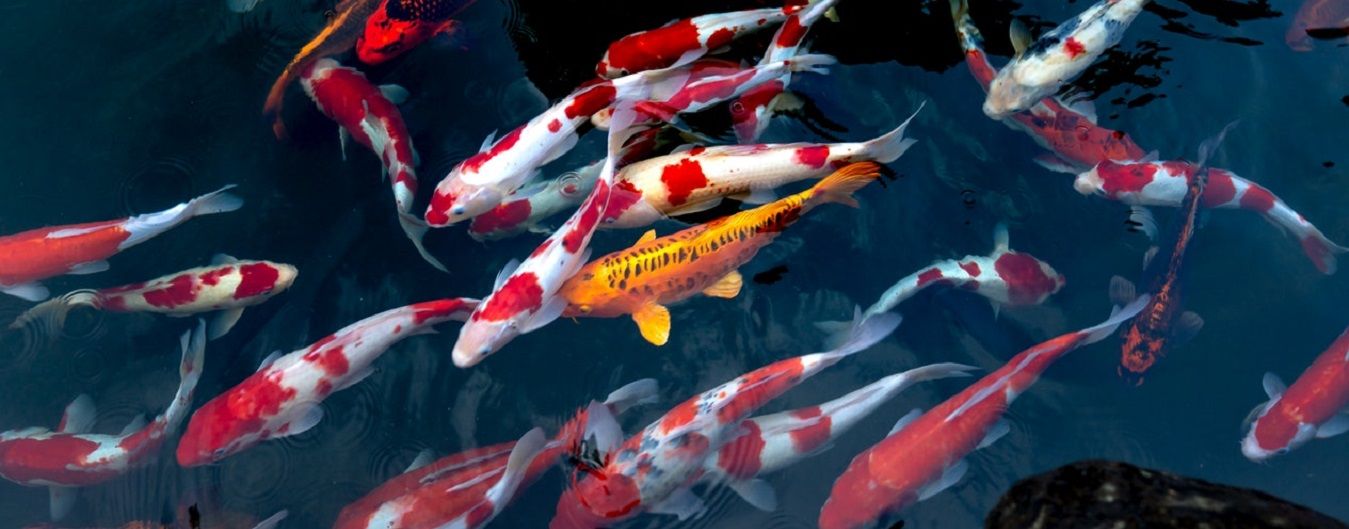
Do Fish Get Sick?
Aquatic animals can get sick just like land animals. Common diseases include infectious diseases (bacterial, parasitic, fungal and viral), environmental-related diseases (traumatic injuries, fights, excessive exposure to UV light, poisoning), nutritional deficiencies, genetic-associated or neoplastic diseases.
How Do You Know If A Fish Is Sick?
Some abnormal symptoms to look out for include:
What Can I Do To Help A Sick Fish?
What do you usually do when you notice abnormalities in your tank or pond? Where do you usually ask for help? We offer top quality and affordable services to help diagnose the condition and treat your fish.
Available services:
● Physical examination
● Blood test
● Digital radiography/ ultrasonography/ computerized tomography (CT) scan
● Hospitalization
● Surgery
● Quarantine
● Boarding
● Necropsy
● Medications for fish
Taking My Fish To The Vet
Beecroft Bird & Exotics Veterinary Clinic is a fully equipped clinic to treat fish and other aquatic pets. We are here to take the stress out of keeping your fish healthy. We offer in clinic consultations as well as pond or tank side services. We are able to perform an array of veterinary diagnostics and treatment for fish.
How To Safely Transport Fish To The Clinic?
Before the transport, please ensure our clinic is ready to receive your fish. Consultations are available in our clinic located at 59 Upper East Coast Road, Singapore 455217. Please call us at +65 6803 8344 to make an appointment with us in advance.
***Always transport in the same water that it has been kept at home. It is important to bring along an additional bucket/ sealed bag of that water***
